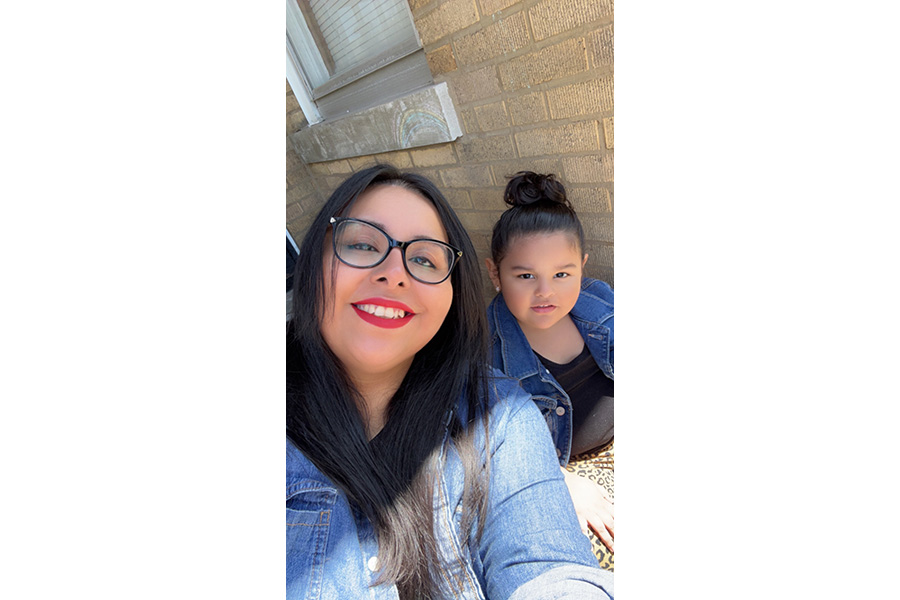A Delicate Balance: Parenting Children with Different Abilities
I am a father to two children with different abilities: both a child with special needs and a child with typical needs. Samuel, now age 11, was a micro-preemie (less than 800 grams or earlier than 26 weeks). He was born with retinopathy of prematurity, mild ataxic cerebral palsy, and executive functioning delay. Frank, age eight, is globally average to above average.
Even after more than a decade of being a loving parent to a child with special needs, I am still learning to be a patient and effective parent. I find that the best approach for me is to be flexible and to treat my children similarly, though the focus of attention and the making of accommodations are sometimes different. It is important to be equitable in my actions as a parent, positively reinforcing their strengths, making time for play and of course being affectionate.
Because I strive to hold both of my boys to a similar standard, I ask them to accept responsibility appropriate to their ages. Though, because of Sam’s delays, he often acts as though they have a closer chronological age with regard to maturity level. What is wonderful about this is that Sam and Frank play together so well, often sharing and enjoying the same toys, activities and interests.
I assume competence in both of my children.
I ask Sam to act his chronological age in his behavior and actions to the best of his ability. Sam does demonstrate difficulty or reluctance in completing tasks in a timely manner, but he is improving. While this is one of Sam’s challenges, I recognize that this may also reflect typical eleven-year-old behavior.
My solution is to not define Sam’s potential. Set the bar high.
Define expectations and allow him to make mistakes and thereby learn from them. Work one-on-one, make accommodations where appropriate and encourage independence. For example, I understand that Sam has fine motor deficits and I would not expect him to hand-write a book report with perfect penmanship. The accommodation there is for Sam to type the report on a computer. I recognize that this approach also applies to Frank as well.
Some useful tools to encourage independence include:
- Setting a timer
- Making a written list of expectations
- Discussing cause and effect
- Rewarding good performance and behavior
Parenting is an evolving process. By working consistently in this approach I hope to be as effective as I am devoted and loving. I believe that I will continue to grow as a parent as my children grow into adolescence and into adulthood.














